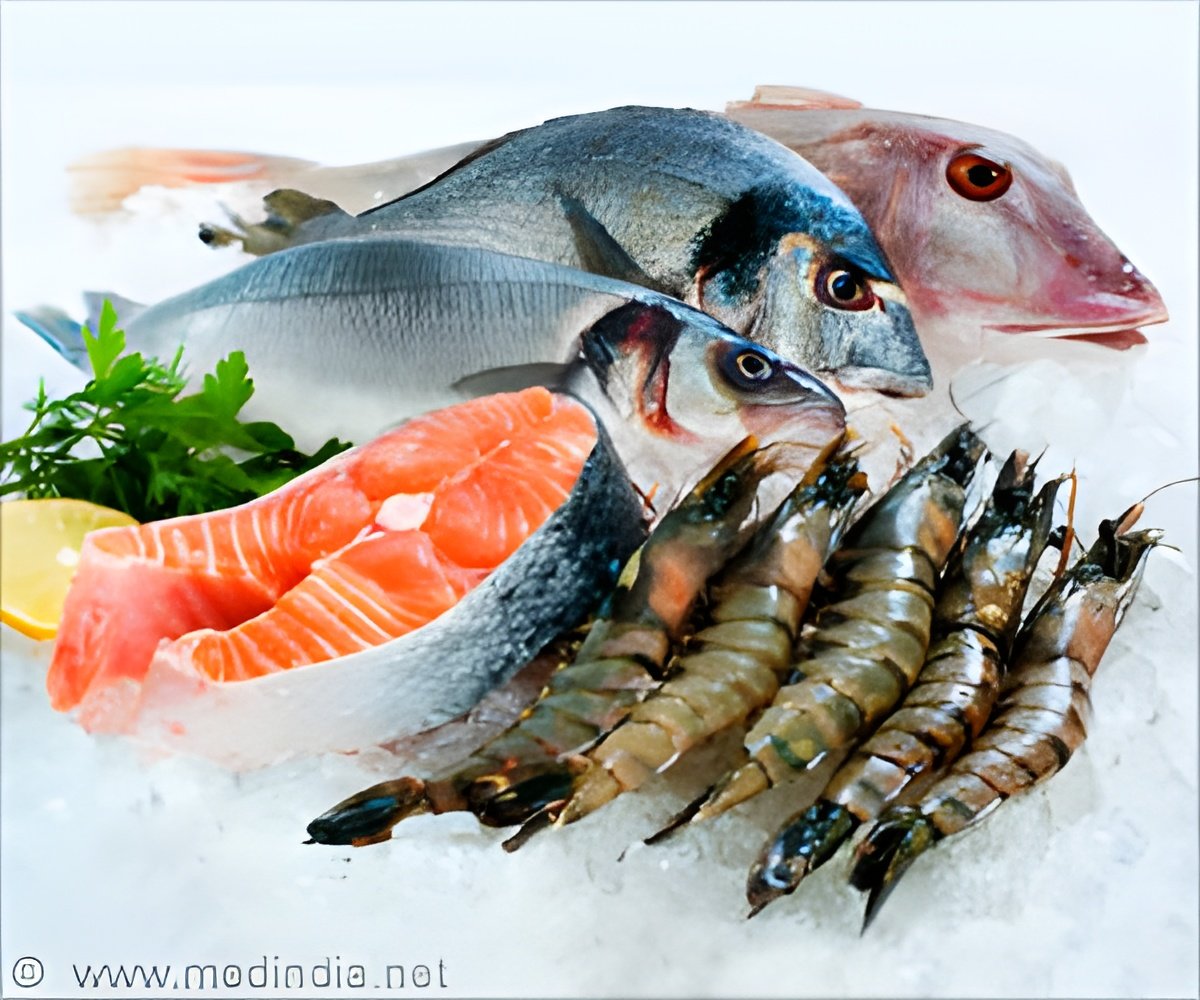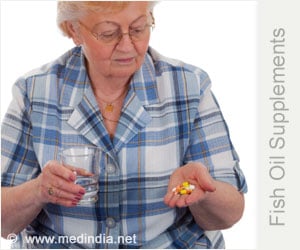
Global aquaculture production continues to increase at a rate of six percent per year. This expansion is important in the light of how many governments, including the US, have issued dietary guidelines that suggest that their citizens eat more seafood in place of some meat and poultry. This was done in reaction to the pandemic rise in non-communicable diseases such as heart disease and diabetes in many high and middle income countries, which are the result of poor lifestyle choices and diets.
The authors believe that the impact of an ever-expanding aquaculture sector can be tempered by following the integrative One Health approach. This focus will connect experts such as researchers, clinical health specialists, policy makers and veterinary scientists, who can together develop methods and policies to ensure sustainable operations and healthy human lifestyles. The model has its roots in the efforts of veterinary scientists and human health experts to combat infectious diseases that are carried over from animals to humans.
"It is important to address the animal health and environmental impacts of aquaculture as these could potentially stand in the way of a steady supply of seafood products," says Gormaz. The health risks involved in eating contaminated seafood must be identified, communicated and addressed, while alternative production methods must be developed to reduce or eliminate the need for antibiotics, pesticides and other chemicals. Experts should also work together to develop ecologically sustainable, healthy and safe animal feeds that do not contribute to over-fishing, nor compromise human food security for low-resource coastal communities.
"It is insufficient to simply increase seafood production without also taking equity and the protection of the public's health and natural resources into account," believes Love. "To address these issues, we propose applying and expanding the One Health approach, which is an existing model for promoting synergy among the disciplines of human, animal and environmental health sciences. By examining the interactions between aquaculture, fisheries, human diet and health, and ecological health, priorities can be set to enhance human nutrition and the ecological sustainability of aquaculture."
Source-Eurekalert













